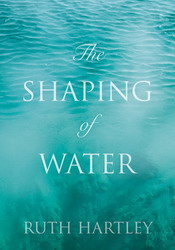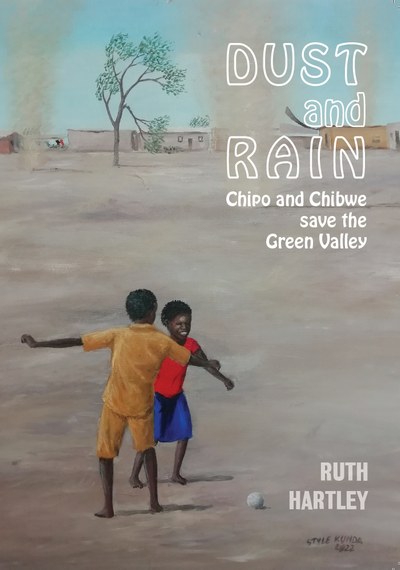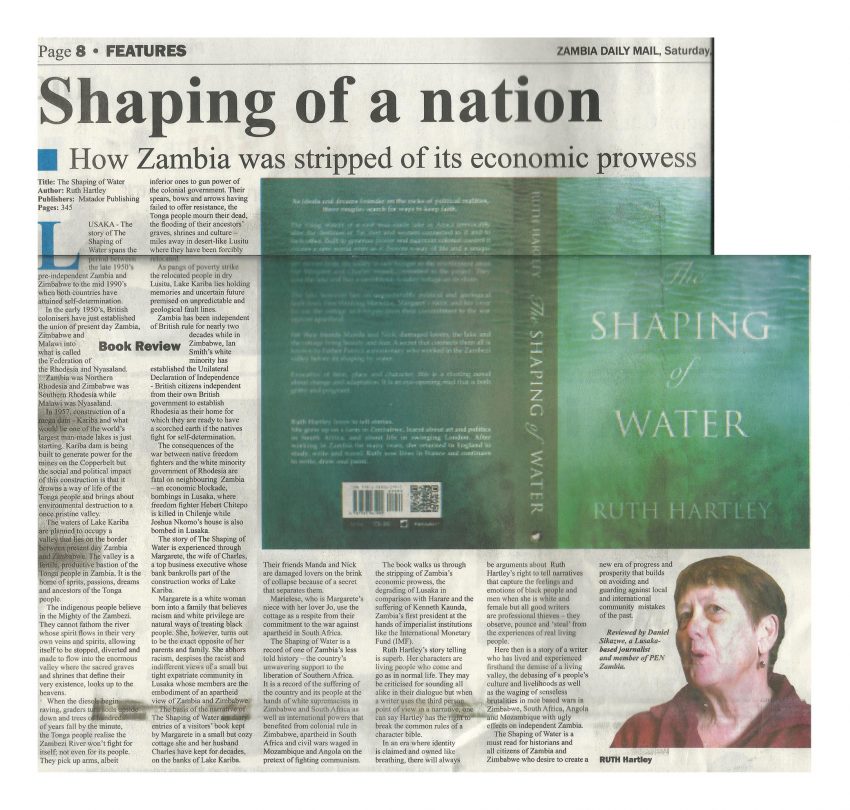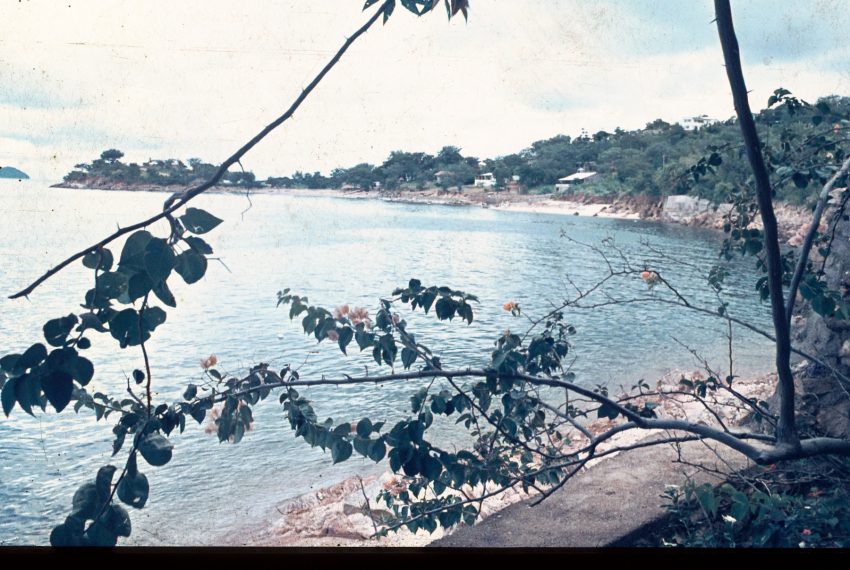In fact, everything needed for life in Zambia, Zimbabwe and the SADC region

There is a huge and important news story to be told about climate change that affects the whole of sub-Saharan Africa and therefore the world. I have discovered since posting this blog that the video I watched about the Zambezi River being so low on water that one could walk over it was a fake. the man was walking across a low sandy island. Apologies for my mistake. I don’t think that changes the importance of everything else that I have written as it was all done before I saw the video. Thanks to Guida who knows the Zambezi well and who commented below.
Kariba Dam was a political act by colonial powers planned to hold together the short-lived Federation of Central Africa that lasted ten years from 1953-1963. In 1957 it was said that the dam wall would last 200 years. It is already having monumental repairs to stop it being undermined.

Rainfall
Huge bodies of water affect and change the climate by their existence which acts as a barrier and enforcer to rainfall. Research work is being done on this at universities. The dam has affected the environment downstream causing soil erosion and adding to the enormous flooding in Mozambique. Climate change largely driven by the industrialised nations of the West and Northern hemisphere has resulted in the failure of the Inter-tropical Convergence Zone rains reaching Zambia and Zimbabwe in 2023-2024. The resulting drought, despite good actions on sustainable agriculture by remarkable people and organisations, is starving people who practice subsistence farming. Kariba Dam is fed by rainfall in the Democratic Republic of Congo that arrives in Zambia’s North-Western Province as the source of the great Zambezi river on which Kariba Dam in built. To understand the importance of the Zambezi River and the dangers of drought read my climate change book for children published in Zambia by Gadsden Publishers and titled Dust and Rain, Chipo and Chibwe,Save the Green Valley.
Hydro Power

Kariba Dam’s water levels are so low that the generation of power is severely limited. Kariba operates on a shared electricity grid with all the surrounding nations. In cities like Lusaka people have no power for days at a time. This means fridges can’t preserve food, and cooking can’t be done except with damaging solid fuels like charcoal. Education, hospitals, governments are all adversely affected. Cutting down trees caused by the need for charcoal further increases climate change. So many people in Zambia work hard to replant trees and encourage sustainable farming. Their important work may not survive climate change without political change in Europe, America and China. This is a global concern with global effects caused by post-colonial and Neo-colonial exploitation of industrialised nations.This story must be fore fronted and told urgently right around the world.

Information
There is important background material in my book, The Shaping of Water. about the Kariba Dam and the liberation wars around it before the 1990s. An authentic visitors’ book at a Kariba lakeside cottage provides the theme on the lake environment and its water levels .
There are many other books on Kariba
Ethnography studies . Dr Elizabeth Colson The Social Consequences of Resettlement.
Jonathan Waters Kariba, the Legacy of a Vision.
One Comment on “Kariba Dam, Climate Change, Hydro-Power, Agriculture and Water”
The man walking across the Zambezi from Zambia to Zimbabwe was not true. He was walking down an island in the middle of the river. Yiu will be pleased to know the river is still flowing strongly However there is much less water than usual.